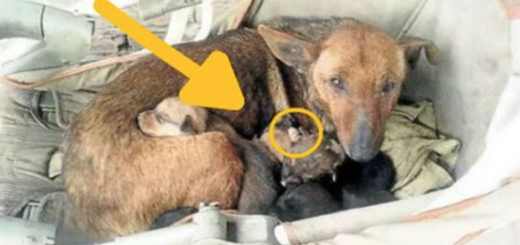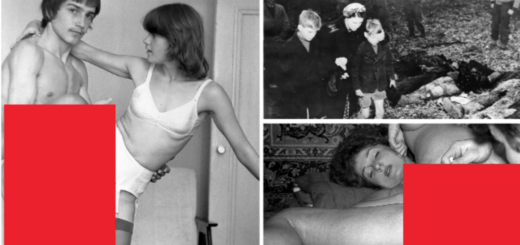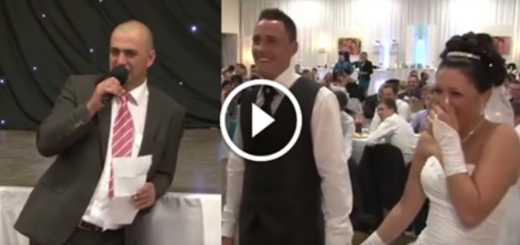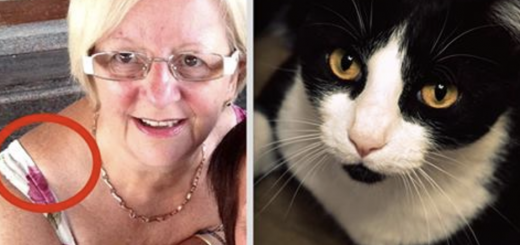When I asked about the wedding, my daughter-in-law said, “We got married yesterday!” I had picked up the phone to ask my son, Max, when his wedding would be. My daughter-in-law, Lena, looked me right in the eye and said with a chilling smile, “Oh, we already got married yesterday. We only invited special people.” The words hit me like a bucket of ice water.
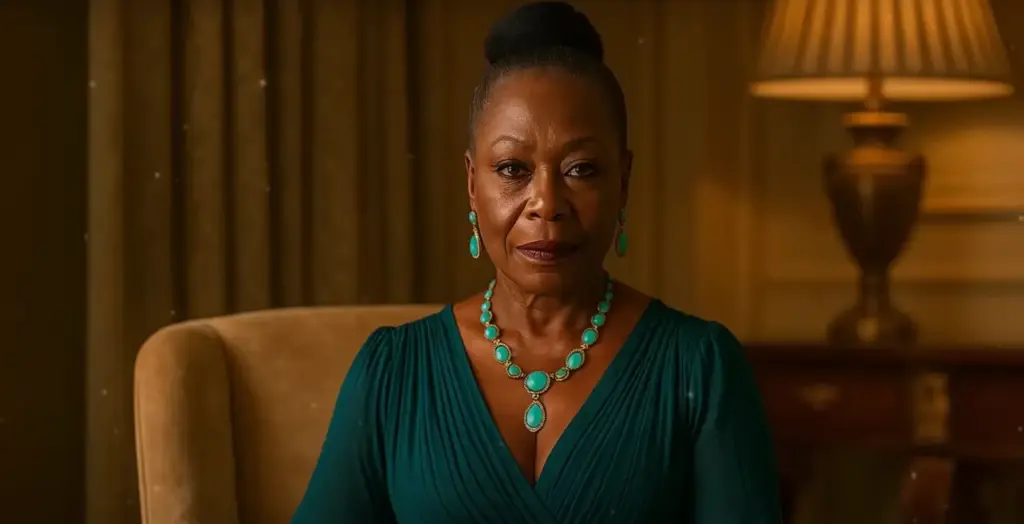
“Special people.” For three years, I had paid their monthly rent of $500, bought every piece of furniture in their house, and filled their refrigerator when they had nothing to eat. Yet, I was not a special person.
I stood in the living room of my own house, holding the phone as if it weighed a thousand pounds. Max avoided my gaze while Lena made herself comfortable on the sofa I had bought for them. The pale pink dress I had chosen for her wedding hung uselessly in my closet, along with the new shoes and the illusion of being part of my only son’s most important day. I had spent $200 on that dress, imagining how nice I would look in Max’s wedding photos—photos I would never appear in.
For weeks, I had planned every detail. I had set aside $1,000 as a wedding gift. I had called my sister, Diana, in Chicago to share the good news.
I had cleaned my house from top to bottom, thinking they might come to celebrate with me after the ceremony. All of that collapsed in a second with those four poisoned words: “only special people.” Max finally lifted his gaze and said in a rehearsed voice, “Mom, it was an intimate thing, very small, just the two of us and the witnesses.”
But I knew it was a lie. I saw the photos on social media—Lena’s parents proudly posing next to the bride and groom, her siblings toasting with champagne. I saw Lena’s white dress, which I had helped finance with the $800 I gave her last month for her personal expenses. I saw everything I wasn’t supposed to see.
A week later, exactly seven days after that humiliation, Lena called me with a completely different voice. She was no longer the confident woman who had excluded me from her wedding. Now she sounded desperate, almost pleading.
“Renate, the rent is overdue,” she said. “The landlord is pressuring us and says if we don’t pay this week, he’ll kick us out. You forgot to make the transfer.”
Her voice trembled slightly, as if the world were ending. I was silent for a few seconds, remembering all the times I had run to the bank to make that transfer. I had canceled my own plans to ensure they had a roof over their heads. I had eaten beans and rice so I could give them money for their desires.
After they excluded me from the most important moment of their lives, they had the audacity to call me as if nothing had happened. “Lena,” I said with a calm that surprised even me, “didn’t I warn you that I only help special people?” The silence on the other end of the line was so deep I could hear my own heart beating. For the first time in years, it was not I who was trembling, but her.
“Renate, I don’t understand,” she stammered. “We were always special to you. You’re like a second mom to me.”
Lies. All lies, wrapped in that sweet voice she only used when she needed something. It was the same voice she had used to ask for money for the wedding dress, the honeymoon, the rings—rings I had helped finance without knowing I would never see the ceremony where they were exchanged.
For years, I had walked on eggshells, weighing every word, gesture, and gift, hoping to earn a crumb of affection from my own son. I was the perfect mother, the obliging mother-in-law, the silent provider who never protested when they treated me as invisible. But that phrase, “only special people,” awakened something in me that had been dormant for far too long.
I calculated how much money I had spent on them over three years. Between rent, food, gifts, emergencies, and whims, it was over $20,000—money taken from my retirement, my savings, my late husband’s inheritance meant for my peaceful final years. And for what? To be treated like a stranger on my own son’s wedding day.
That night, after I hung up, I sat on my bed and cried. They weren’t tears of sadness but of anger, accumulated frustration, and years of silently endured humiliation. I cried for the times they made me feel my love was a burden, my presence a hindrance, my money the only thing I had to offer. I cried for the foolish mother I had been, for the woman who had lost herself trying to be indispensable to those who considered her dispensable.











